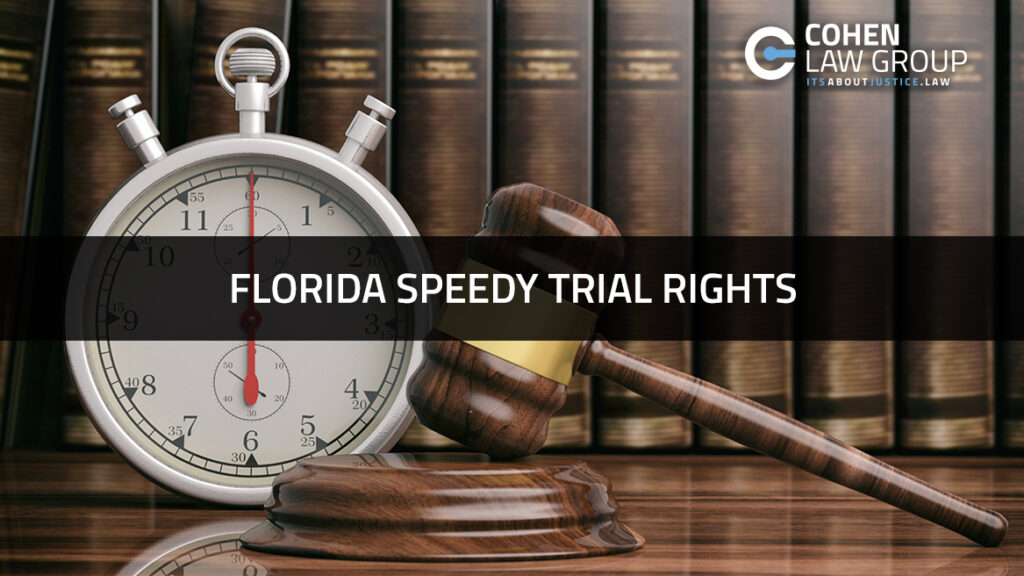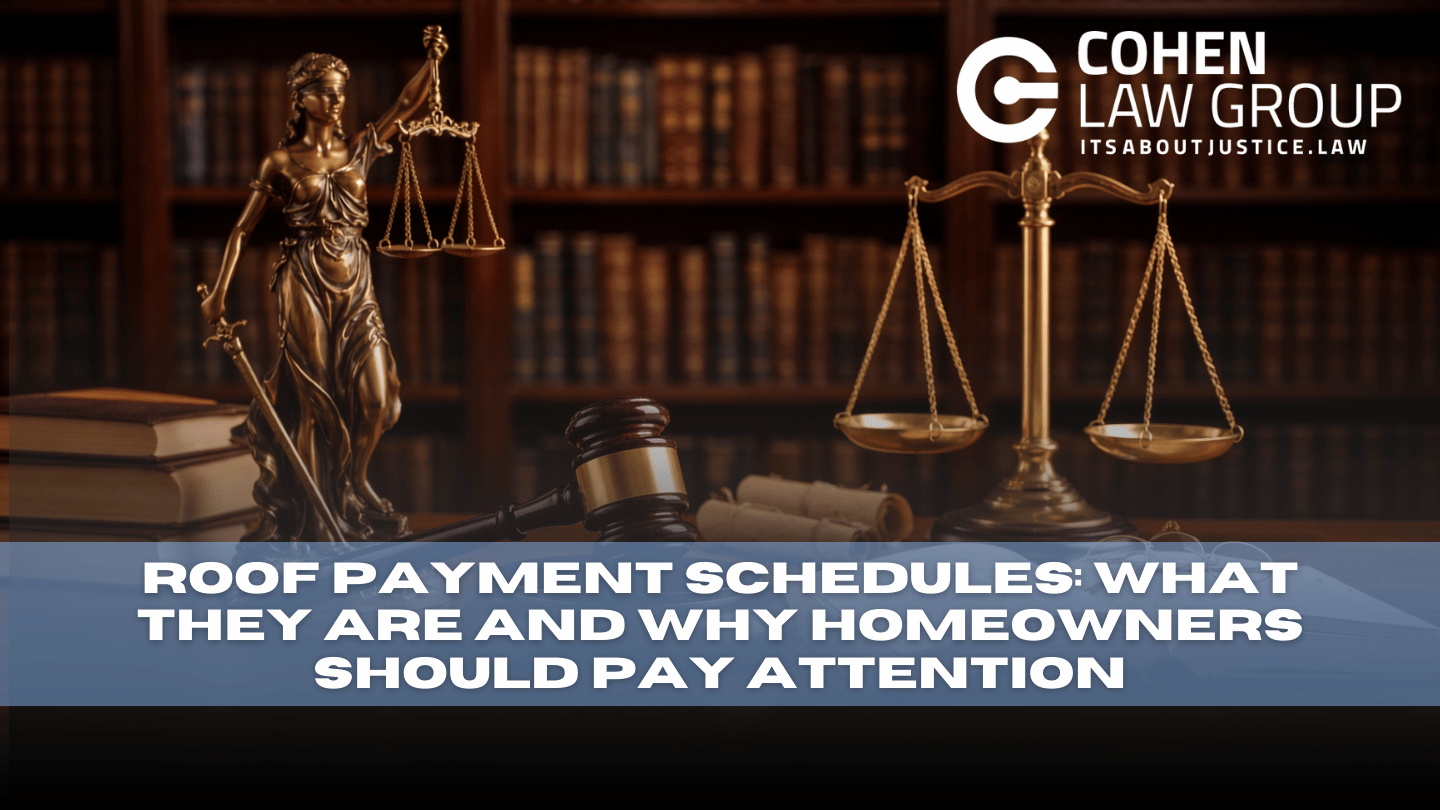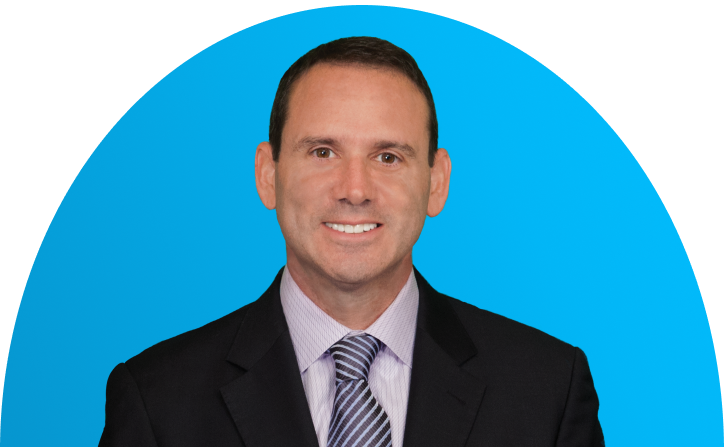Florida Speedy Trial Rights
With COVID-19 halting jury trials across the country, it has sparked curiosity about Florida’s speedy trial rights. In Florida, as with every state, the government is bound by the Sixth Amendment of the United States Constitution, which requires those accused of a criminal offense to be given a speedy trial. This right has been deemed a fundamental liberty and its intent is to ensure a fair trial, minimize the anguish of drawn out accusations, and prevent prolonged pretrial detentions.
In an effort to uphold the intent behind this right, Florida set forth rule 3.191 of the Florida Rules of Criminal Procedure to create a more concrete time frame of when a trial must commence. This rule states that “every person charged with a crime shall be brought to trial within 90 days of arrest if the crime charged is a misdemeanor, or within 175 days of arrest if the crime charged is a felony.” This rule also sets forth the ability for an accused to file a “Demand for Speedy Trial” to shorten these timelines. Once a Demand is filed, it requires the government to bring the person to trial within 50 days.
If the timelines above are not met, an accused must invoke their right by filing a Notice of Expiration of Speedy Trial to start the final clock towards a trial or, if not commenced timely, a discharge. Once an Expiration Notice is filed, the trial court must hold a hearing within 5 days to determine whether an accused’s speedy trial rights have been properly invoked. If the Court finds the speedy trial time has passed and was not waived or extended, the trial must commence within 10 days to avoid a discharge of the charges.
So how does this work in the world of COVID-19? Under rule 3.191, courts can extend the speedy trial timelines under “exceptional circumstances.” One such exception is the unexpected illness, incapacity, or unforeseeable and unavoidable absence of a witness or other person necessary for trial.” It is under this portion of the rule that the Florida Supreme Court entered an order tolling the time for speedy trial until such time that it is safe to resume jury trials. As courthouses begin to reopen, the speedy trial clock will again begin to tick and Florida courts will need to make the accommodations necessary to protect this fundamental liberty.

Kimberlee Martin , Esq.
Learn more about Kimberlee here!
DISCLAIMER: This website is for informational purposes only and does not provide legal advice. Please do not act or refrain from acting based on anything you read on this site. Using this site or communicating with Cohen Law Group through this site does not form an attorney/client relationship. This site is legal advertising. Please review the full disclaimer for more information by clicking here.








